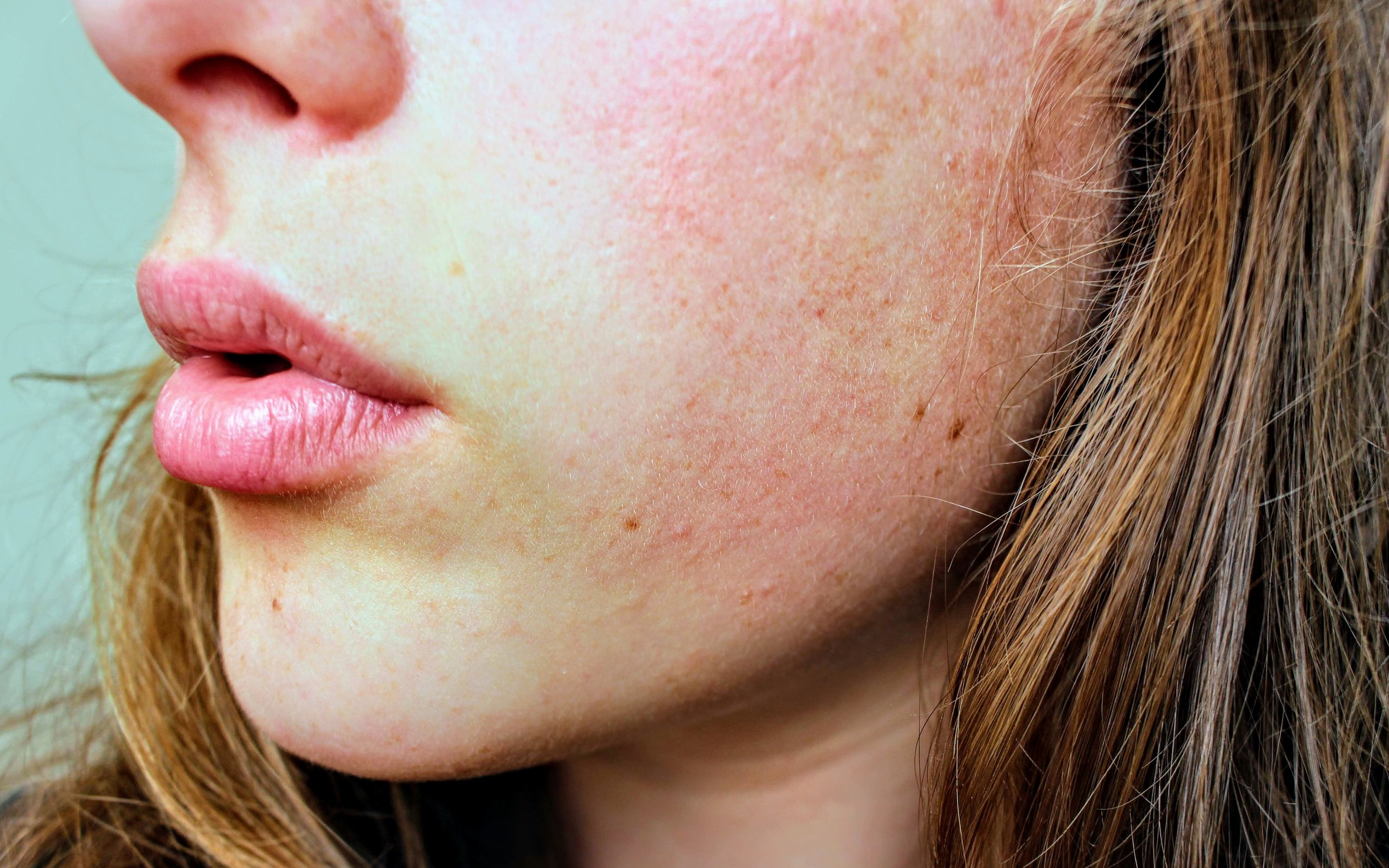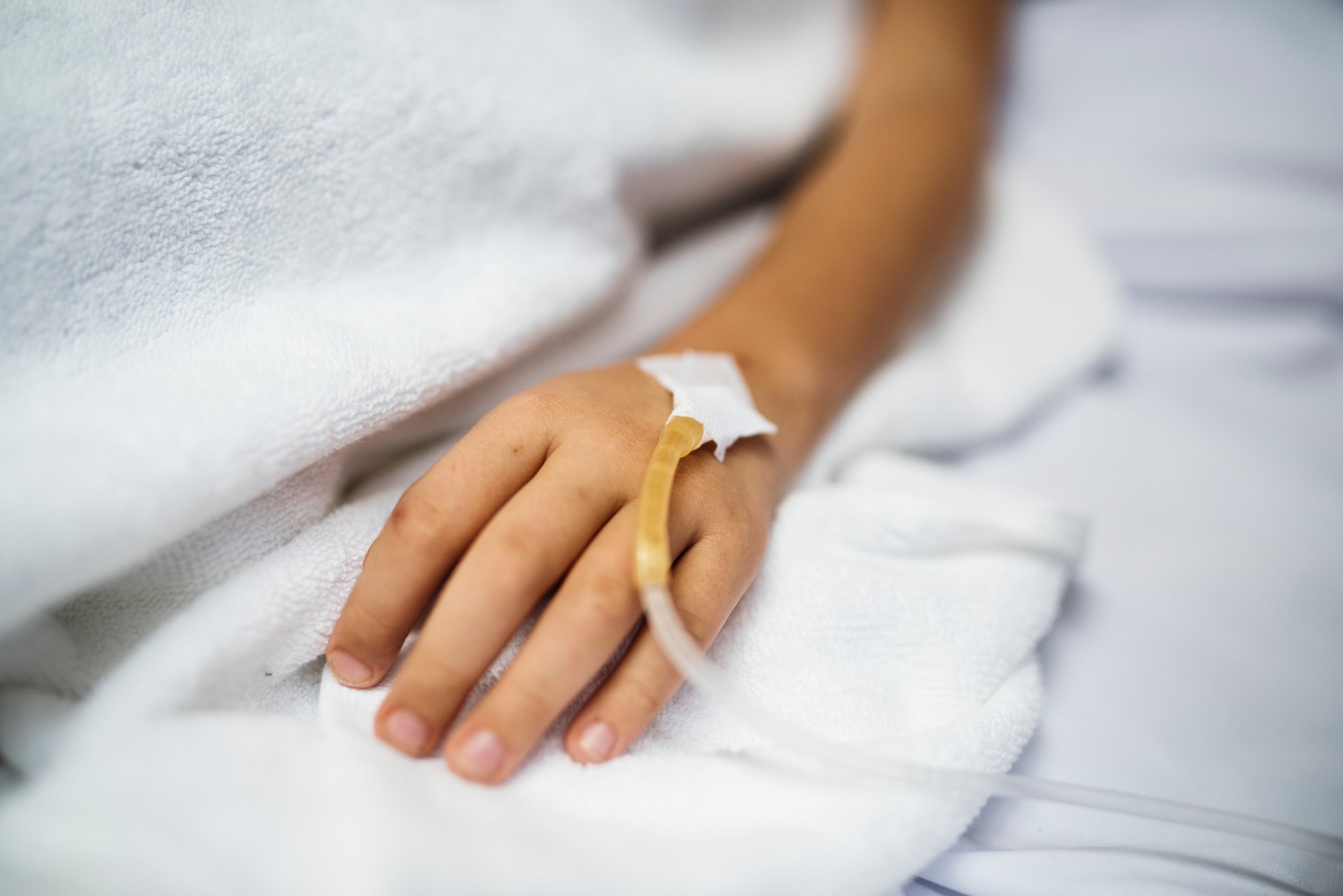Controversial Research Sparks Heated Acu Debate in China
/Acupuncture is an ancient practice that originated in China millennia ago. It is an incredibly popular form of medical treatment in China, not only because of its effectiveness for treating a number of ailments, but because it is an important part of Chinese culture.
Perhaps there’s no better sign of how important acupuncture is to Chinese history and society than the reaction to a recent study in one of China’s most respected medical journals.
Last year, the journal Chinese Acupuncture & Moxibustion published an article written by three respected doctors from Dongzhimen Hospital in Beijing. The article claimed that a new study conducted by the doctors that acupuncture that is administered to a parent could benefit that parent’s child. That is, if I a child is feeling ill, the parent undergoing acupuncture—not the child—could help treat the child’s illness or pain.
The doctors claim that the concept of “quantum entanglement” is responsible for this phenomenon. Quantum entanglement says that “two particles, no matter how distant from each other in space and time, can be inextricably linked, in a way that defies the rules of classical physics.”
The authors backed up their theory with an experiment of 15 patients with pain symptoms and their direct relatives. Fourteen of the patients were in the room alongside their relative who was receiving acupuncture, while one patient was in a separate room. The study claims that all 15 subjects reported a decrease in pain, while four subjects said their pain disappeared altogether.
The article has caused a wave of backlash, with many doctors coming out and disavowing its conclusion. One doctor said he was “speechless” after reading the article…and not in the good way. On Weibo, China’s version of Twitter, one popular comment read “The only thing that the researchers of this paper prove, is that they themselves need to be treated,” and one hashtag around the controversy received over 4 million views.
While we know acupuncture is an effective treatment for numerous ailments and pain management—for adults and children alike—we’re holding off on the whole “quantum entanglement” idea…for now!










